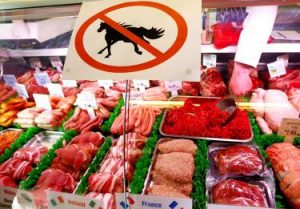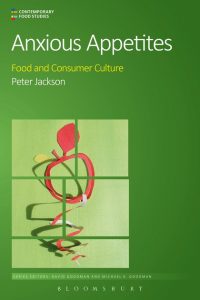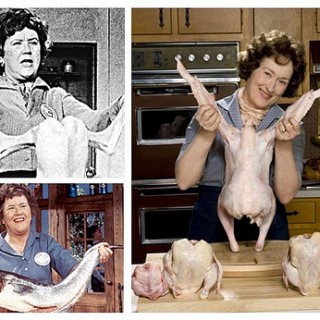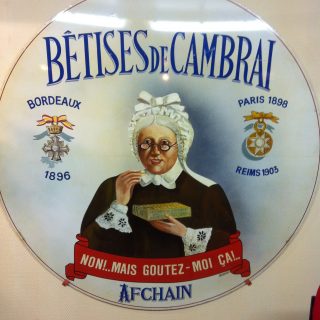
Séminaire Penser l’alimentation de demain
RAPPEL : Nous vous invitons aujourd’hui au Food 2.0 LAB, à 17h à l’ISCC (20 rue Berbier-du-Mets 75013 Paris) – Ce séminaire est ouvert au public.
Drawing on his recent book, Anxious Appetites: food and consumer culture (2015), Peter Jackson will explore the social dimensions of food-related anxieties. Rather than approaching anxiety as a personal pathology, at the individual level, anxiety is seen as a social condition that varies from time to time and from place to place. Events like the 2013 horsemeat incident which caused widespread anxiety in the UK and elsewhere are significant as they rupture the fabric of everyday life, disrupting established routines and rhythms, persisting until order is re-established.
 Events show how anxieties are framed by different communities of practice (government, media, retailers etc.), how they move between social fields (public health, animal welfare, consumer trust), implicating people who may not themselves be anxious (as when products are recalled or goods are removed from supermarket shelves). Food anxieties proliferate in conditions of ambivalence and uncertainty (such as in the gaps between expert advice and lay understanding) and are moralized to varying degrees.
Events show how anxieties are framed by different communities of practice (government, media, retailers etc.), how they move between social fields (public health, animal welfare, consumer trust), implicating people who may not themselves be anxious (as when products are recalled or goods are removed from supermarket shelves). Food anxieties proliferate in conditions of ambivalence and uncertainty (such as in the gaps between expert advice and lay understanding) and are moralized to varying degrees.
Peter Jackson est professeur dans le département de géographie à l’Université de Sheffield.















